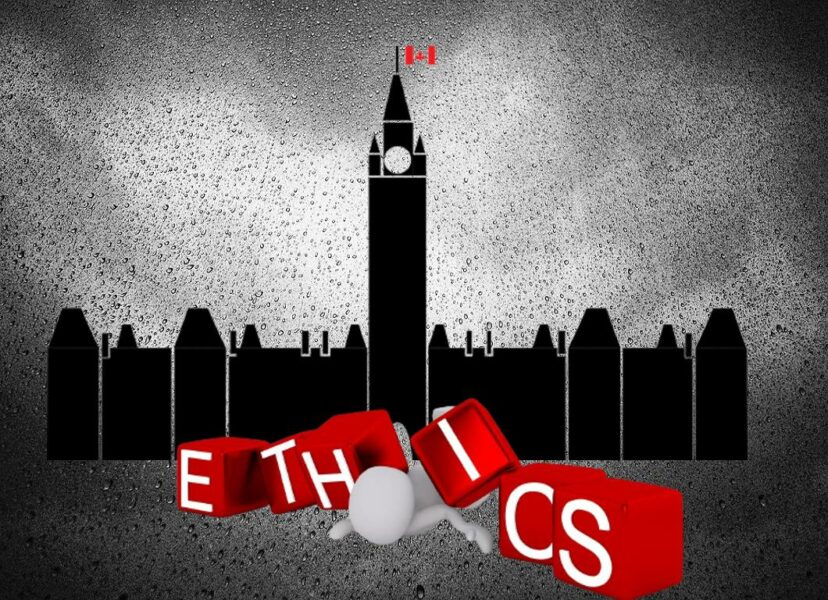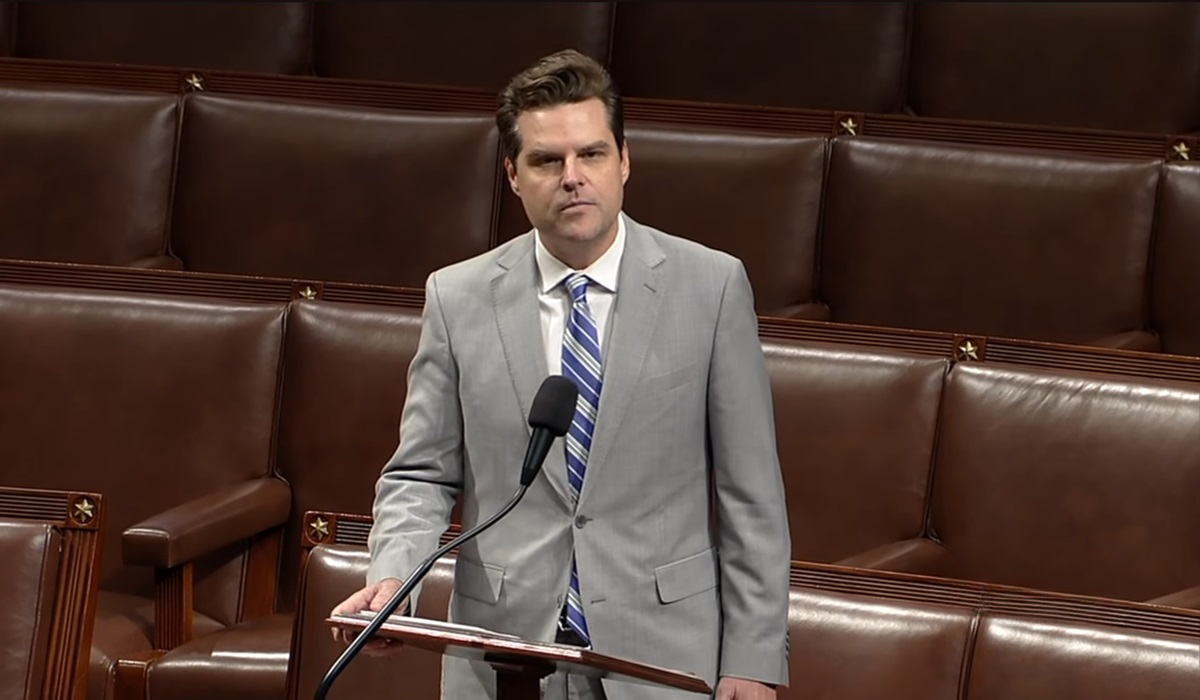Canadian Ethics Commissions For Politicians: Toothless and Ineffective
- TDS News
- Breaking News
- Canada
- April 17, 2023

The role of ethics bodies in Canadian politics has been a topic of debate for years. While these commissions and committees were established with the intention of ensuring that politicians and public servants are held accountable for their actions, many argue that they have no real teeth and serve more as a public shaming tool than an effective disciplinary body.
The lack of real consequences for unethical behaviour has led some to call for dismantling these ethics bodies and establishing a new system with more power to act and impose stricter sentences. One proposal is to impose fines of over $100,000 per incident or remove the offender from their position in government.
The problem with the current ethics bodies is that even when they find a politician guilty of ethical misconduct, the consequences are often negligible. The offender may receive a warning, made to take some form of training or a nominal fine, but rarely does anything more significant happened. As a result, politicians are not deterred from engaging in unethical behaviour, and the public loses trust in the government. It’s to open politicians knowingly engage in behaviours that are unethical, but understand it is easer to ask for forgiveness.
Within the last few months, there have been three Liberal MPs, two of which are Cabinet Ministers, Mary NG, Ahmad Hussein and Parliamentry Secretary Greg Fergus’ offices have all had their hands slapped for violating Federal ethics rules. But in their defence, they did receive a very stern warning and promise not to do it again, that’s after they declared they did not know they were doing anything wrong.
Then there was the time when Canadian Prime Minister Justin Trudeau was found guilty of ethical violations by the Federal Ethics Commissioner. In 2019, he was found to have violated the Conflict of Interest Act by improperly pressuring the Attorney General to settle a case against a Quebec engineering firm, SNC Lavalin. Despite this finding, Trudeau faced no real consequences other than being publicly shamed by the opposition parties.
Another example is former Tory Minister Diane Finley breached Parliament’s conflict of interest rules by awarding $1 million to a Markham community center, according to a report by Ethics Commissioner Mary Dawson in 2015.
These examples illustrate the lack of teeth in Canadian politics’ ethics bodies. If politicians are not held accountable for their unethical behavior, it undermines the democratic process and erodes public trust in government.
It is clear that a new approach is needed to ensure that politicians are held accountable for their actions. While public shaming may have some value, it is not enough to deter unethical behaviour. A system with teeth that can impose meaningful consequences is necessary.
It is imperative to implement a new system that endows Canadian ethics bodies in politics with more authoritative powers and the ability to enforce more stringent penalties. The existing mechanism is deemed inadequate, thus a paradigm shift is needed to ensure that politicians are held accountable for their actions, and transparency is reinstated in governance. Ultimately, a reformed approach is required to rebuild public confidence in the government and fortify the democratic process.








